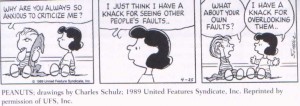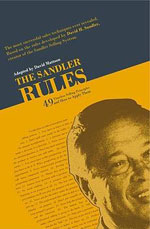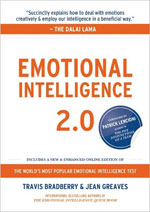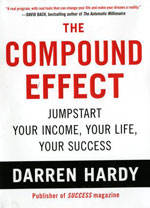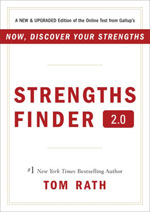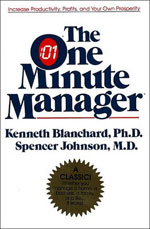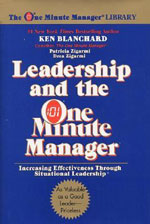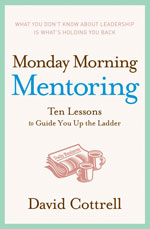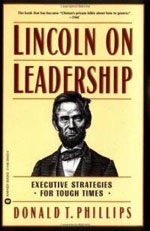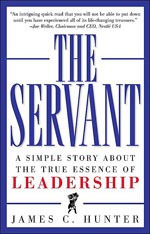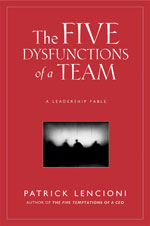Last week we reviewed the power of reflection and how it can help track your accomplishments. If you took advantage of the exercise I mentioned of listing your daily achievements, you can likely see when you took steps (“did the right things”) towards achieving your goals. The key is being aware of your actions which create positive outcomes. Reflection enables you to not only know to when you repeat those actions, but to also celebrate, feel good about where you are, and how you got there.
accomplishments. If you took advantage of the exercise I mentioned of listing your daily achievements, you can likely see when you took steps (“did the right things”) towards achieving your goals. The key is being aware of your actions which create positive outcomes. Reflection enables you to not only know to when you repeat those actions, but to also celebrate, feel good about where you are, and how you got there.
If you’ve had the opportunity to attend Emerging Leadership training, you’ve heard the following quote from Ken Blanchard, one my favorite authors: “People who feel good about themselves produce good results!” We often neglect to identify when we do something right; one of the best ways to enable “feeling good” is to catch people in the act of doing something right and providing “One Minute Praising.” It’s not only important catching others doing something right, but also important we catch ourselves doing something right so we can celebrate our own successes. Keep Reading



